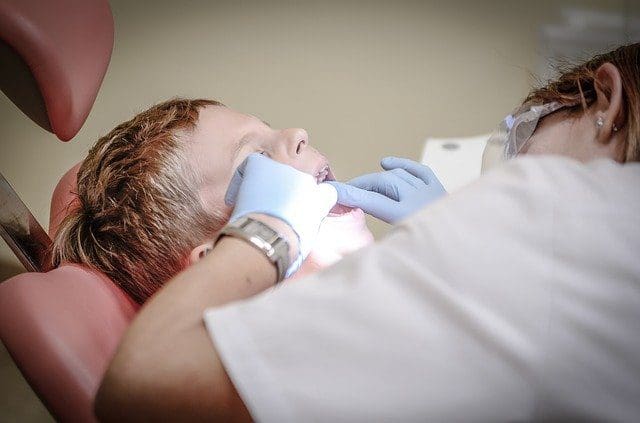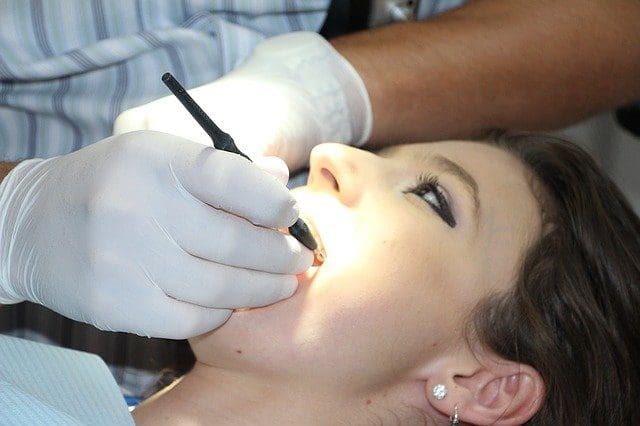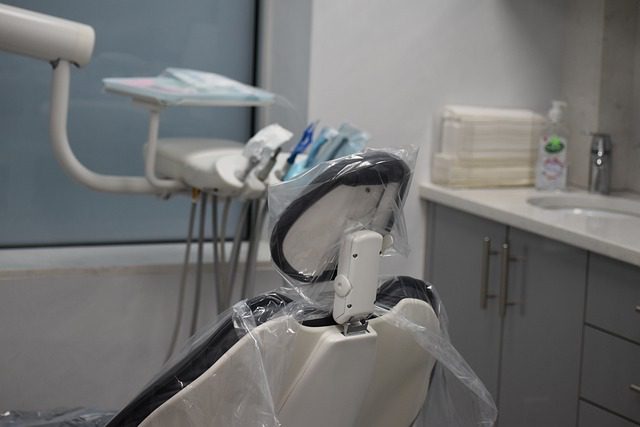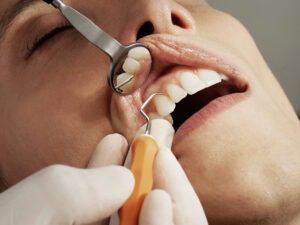The health of your teeth and mouth, in general, is widely regarded as one of the most important aspects of your overall health. Think about it; your mouth is used for a myriad of daily tasks, from eating to communicating. Therefore, it is incredibly important that you look after your teeth; however, it can be hard for some people. Having a fear of the dentist is very common, and it can make it very hard for people to even attend their dental appointments. Is the fear caused by dentophobia?
Keep reading for a guide to help you to determine if your fear is dentophobia and how to conquer your possible fear.
Table of Contents
Fear or Phobia?
The words fear and phobia are often used interchangeably, but there are a few marked differences to be aware of. A fear of something is often a strong dislike which leads to a general avoidance of said thing. However, it is not often thought about until the thing feared presents itself. A phobia, on the other hand, is a much stronger form of fear. They are often heavily linked to anxiety disorders and are known to cause extreme distress.
When applied to the context of going to the dentist for all on 4 dental procedure risks, a fear could make you put off your appointments or make you dislike going. For example, you might dislike the feel or the sounds of the instruments and tools used during the procedures, but you can generally put up with them. On the other hand, Dentophobia can present itself as an intense fear that makes you avoid going to the dentist altogether. Sometimes the mere mention of the dentist is enough to cause feelings of panic or anxiety.
The causes and treatments for both a fear and a phobia of the dentist may be similar. However, a legitimate case of dentophobia might take more time and work to get over or cope with than a lower-level fear.
Possible Causes
Often, a fear of the dentist is caused by either a singular or a series of negative past experiences. For example, you might have had a fear of the dentist as a child, which has stuck with you or perhaps even worsened over time. Sometimes these things are passed down from parent to child, too; if one of your parents has a fear or phobia of the dentist, then you may have learned this behavior from them. Some people are afraid of the noises made by the tools used by the dentist or dental hygienists, and this is the only aspect of a dental visit that makes them uncomfortable or fearful.

As mentioned above, a phobia is an extreme fear; this can also result from a negative past experience with the dentist. Perhaps you have experienced extreme pain, discomfort, or maybe just a general lack of empathy from a dentist in the past. This may have led to a significant aversion to seeing a dentist in the future – even a new one. Fears and phobias can also result from concerns surrounding your oral health. Experiencing a dental issue may make you fearful of going to the dentist if you receive bad news. Any one of these concerns or a combination may lead to an avoidance of the dentist.
Treatment Options
The more mild fears surrounding seeing the dentist are often best remedied by going and not avoiding visits. Therefore, if you need significant dental work, there is always the option for sedation, this way, you don’t have to be awake and conscious during the procedure. However, not all dentists offer this, which might mean that you need to find a new dentist who can safely sedate you during your procedures. However, for more intense fears and phobias, the act of going to the dentist is much easier said than done. In addition, if your fears are tied to or exacerbated by an existing anxiety disorder, then they might require a combination of treatments.
The first treatment option is exposure therapy. Exposure therapy is a form of psychotherapy, and it is largely regarded as an effective solution for dentophobia. The idea behind exposure therapy is that you gradually expose yourself to the thing you are afraid of to lessen its impact on you. For example, you could start by making a few visits to your dentist’s office without actually sitting down for an exam. You can then gradually work your way up to sitting an exam until you feel comfortable enough to make a full appointment.
Medication is another option. Although it is important to point out that it won’t treat the dentophobia itself, some anti-anxiety medications can alleviate the symptoms while you conquer your fear. It can stop you from feeling so anxious and make you feel better equipped to tackle your fear on other fronts.
Staying Calm at the Dentist
Whether you are ready to face your fear head-on or working up to it gradually, staying calm at the dentist is easier said than done. If you want to give yourself the best possible chance at success, there are a few things that you might want to try. Firstly, think about when you schedule your appointments; try going during quieter times of the day. There will be fewer people and less ambient noise because they won’t be as busy.
You might also want to think about bringing earphones with you. Listening to music can be calming and help you relax, or you could opt for noise-canceling headphones to drown out the noise of the tools during your appointment. Asking a friend or loved one to go with you can also help; having some moral support with you can be helpful. Meditation techniques can also come in handy. Practice taking deep breaths and encourage yourself to feel calm. Finally, remember that if you need a break during your visit, it is okay to ask for one. You could even establish a signal with your dentist beforehand so that they know if you want to stop.

Choose the Right Dentist
A fear or phobia can be created by going to the wrong dentist. When looking for a dentist, you should try to find one that understands your fears or aversions. You could ask for recommendations from friends and family, although if they don’t have the same fears as you, they might not be able to help. One of the best things that you can do is send inquiries. For example, if you are looking for a dentist in Fulham, Fulham Road Dental could be an option. They have their contact information listed on their website, which you can use to send them a message detailing your fears or concerns and allow them to reassure you. Look here for more information and to find out more about the procedures they offer.
To Sum Up
The health of your mouth is an important aspect of your overall well-being. However, this simple fact is not always enough to encourage people to go. Try to keep in mind that avoidance can make both your phobia and any oral issues you may have worse. The strategies listed above can help you to not only cope with but to combat your fear too. It might take some time and effort, but it is worth doing.
Featured Image by petermannnyu from Pixabay




